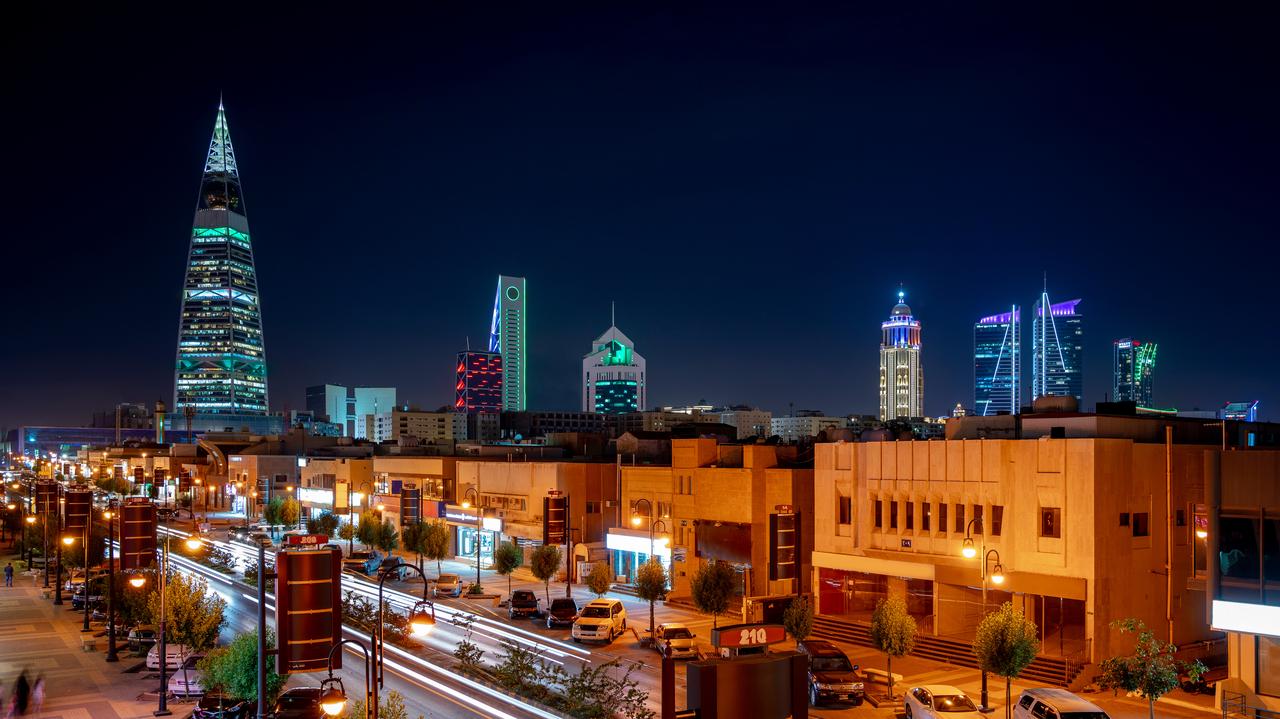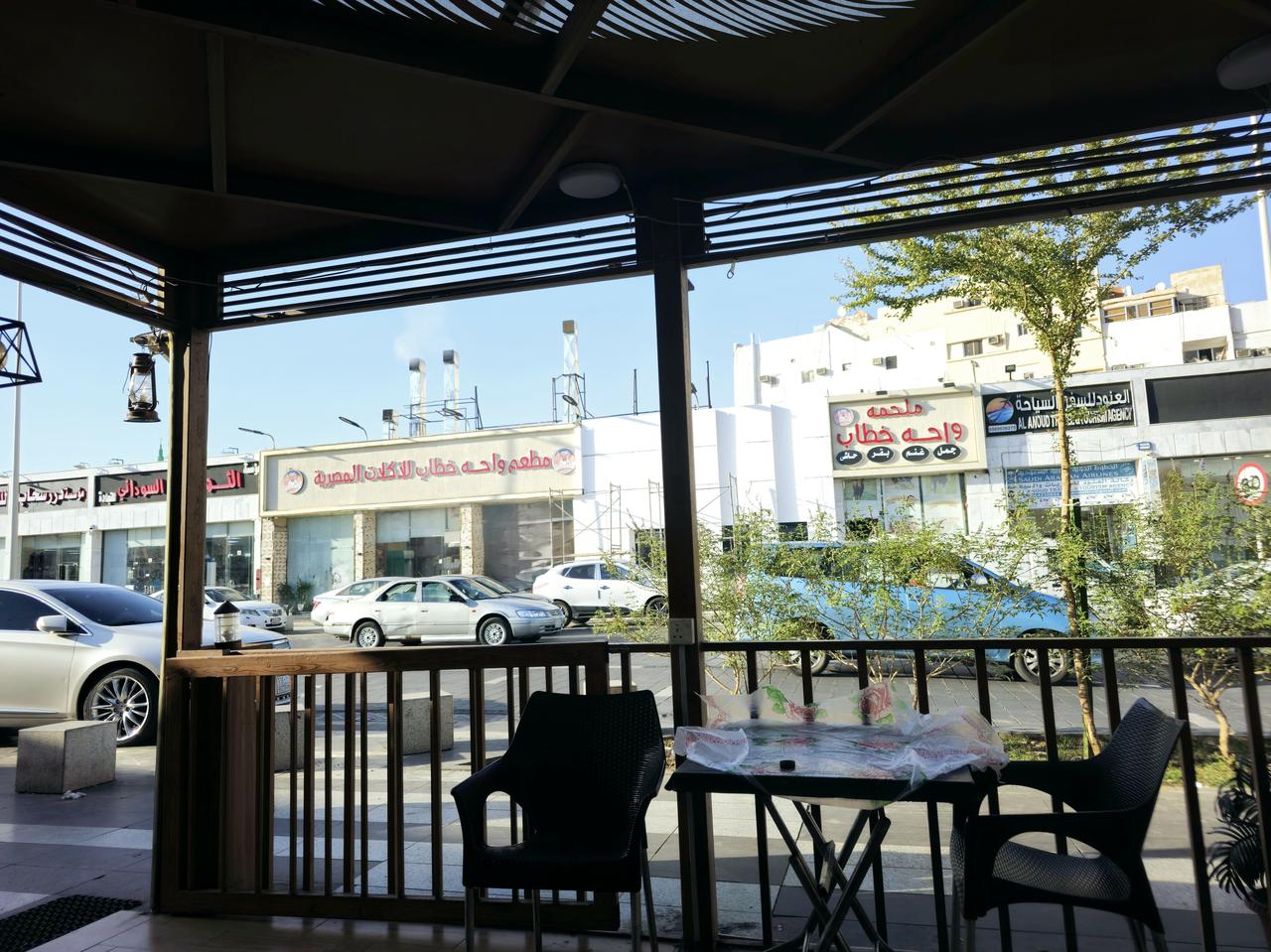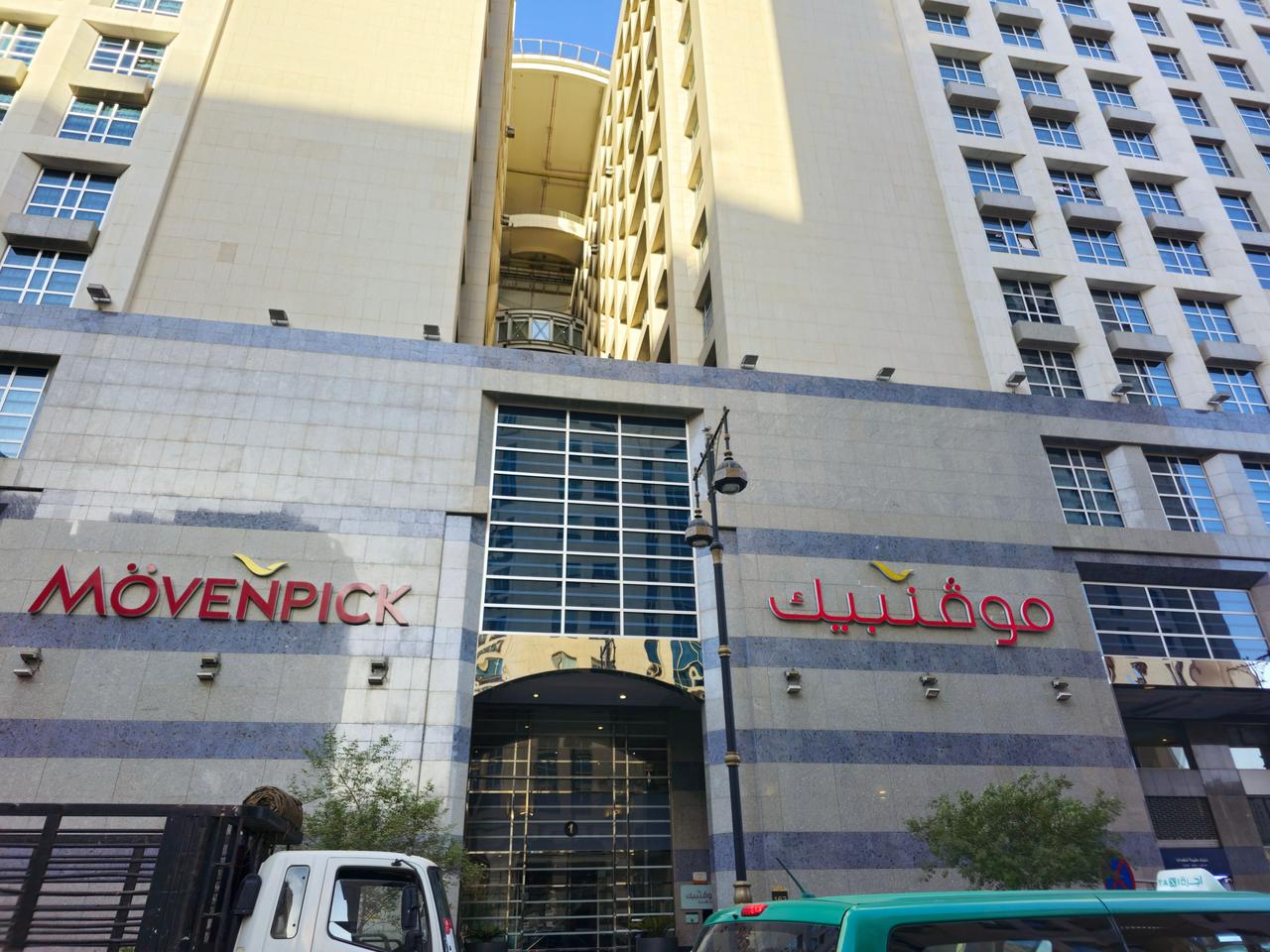
Saudi Arabia will begin permitting the sale and limited consumption of alcohol in 2026 under a tightly regulated licensing system, as part of its preparations to host major international events, including Expo 2030 and the FIFA World Cup in 2034, Saudi media reported.
An alcohol ban has been in place in Saudi Arabia since 1952, prohibiting both citizens and foreigners from consuming alcoholic beverages.
According to the saudimoments.com, the new framework will apply to approximately 600 locations nationwide, including five-star hotels, high-end resorts, diplomatic zones, and tourism developments such as Neom, Sindalah Island, and the Red Sea Project.

Permitted venues will be allowed to serve beer, wine, and cider; however, beverages with more than 20% alcohol content—such as spirits—will remain restricted.
Alcohol will not be available in homes, public spaces, retail outlets, or for personal production, as the policy is limited to areas primarily serving international visitors and expatriates.
Sales will occur only in authorized settings, with licensed service personnel and defined operational procedures. Officials emphasize that these regulations are designed to ensure responsible handling and maintain public order in line with local norms.

The licensing system is part of Vision 2030, Saudi Arabia’s national initiative to diversify its economy and expand sectors such as tourism, entertainment, and hospitality. Officials expect the policy to support job creation and attract international investment, particularly in the hospitality and events industries.
Several global hotel chains are already adjusting their operational plans in anticipation of the new regulations.
However, regulation and oversight will remain a central focus, with misuse or non-compliance subject to penalties. According to government officials, the objective is to manage the change in a way that supports economic goals while preserving the country’s identity.